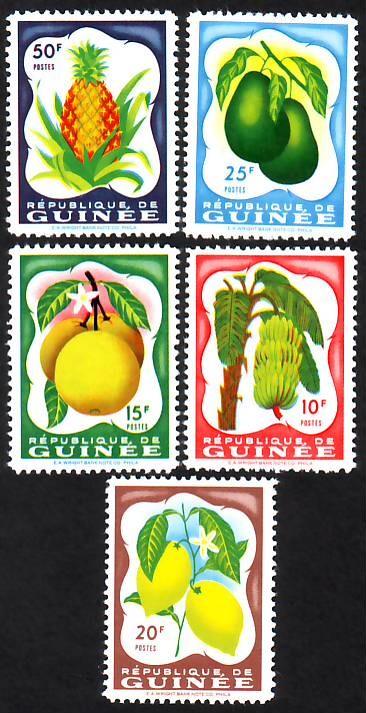Understanding Guinea: Key Developments and Significance

Introduction
Guinea, a country located on the west coast of Africa, has recently been in the global spotlight due to its political, social, and economic developments. As a nation rich in natural resources, including bauxite, gold, and diamonds, Guinea plays a crucial role in the regional dynamics of West Africa. The country’s governance, challenges, and prospects for the future resonate not only with its citizens but also with international stakeholders.
Recent Political Developments
Guinea has faced significant political turmoil over the past few years, particularly following a military coup in September 2021 that deposed President Alpha Condé. The transitional government, led by Colonel Mamadi Doumbouya, has promised a return to civilian rule, but the timeline for elections remains uncertain. Recent protests have erupted across the country, with citizens demanding a clear roadmap towards democratic elections and a call for improved living conditions.
Economic Overview
The Guinean economy is heavily reliant on mining, with bauxite being its most exported mineral. In fact, Guinea is the largest exporter of bauxite globally, supplying more than half of the world’s supply. However, the economic landscape is not without challenges. Political instability has hindered foreign investment, and the COVID-19 pandemic has exacerbated existing economic difficulties. According to the World Bank, Guinea’s GDP growth rate is expected to rebound gradually, contingent on market recovery and stabilization of the political environment.
Social Challenges
Aside from political and economic issues, Guinea is grappling with social challenges, including health crises and inadequate infrastructure. Education and health services have been underfunded, and the country has struggled with high rates of poverty. Recent government initiatives aimed at improving health services and education could signify positive steps forward, but their effectiveness remains to be seen.
Conclusion
Guinea’s future is poised at a critical juncture, balancing the weight of its natural resource wealth against the backdrop of social and political instability. As Guinea aims to navigate through its challenges, the importance of international support and internal reform cannot be overstated. For investors, humanitarians, and policymakers, keeping an eye on Guinea will be essential, as the outcome of its ongoing transitions could have far-reaching implications for West Africa as a whole. Sustained engagement from the global community will be vital in fostering a stable and prosperous Guinea.
